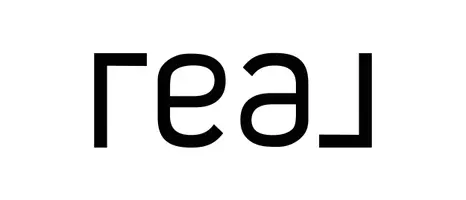What Most People Miss and Why It Matters
In every business I’ve touched, from tech stacks to talent pipelines to property negotiations, I've discovered an understated approach to provide an edge by spotting what most may overlook. Not because you're smarter, but by listening with intent and asking the questions no one else thought to ask. It's when you step back that you start to see how the ability to 'notice well' impacts everything: strategy, trust, and outcomes.
Whether you're navigating client conversations, internal systems, or growth decisions, the real game isn’t just solving problems - it’s questioning the framing. That’s how friction gets named. That’s how momentum builds.
What It Means to Notice Well
Some people seek answers. Others seek clarity. The ability to 'notice well' bridges the two.
It’s the art of spotting:
- Misalignment that no one voiced, but everyone felt
- Overlooked data that reframes a decision
- Emotional signals that shape client hesitation or team morale
Noticing is rarely loud. It’s quiet, but it’s transformative.
The ROI of Deep Listening
When teams pause to ask smarter questions, they unlock what’s been hiding in plain sight:
- A hiring strategy that shifts once hidden narratives get surfaced
- A client relationship rescued by catching what wasn’t being said
- A workflow optimized not through tech, but through clarity of need
The value isn’t just in what gets solved, it’s in how quickly and confidently it gets solved when trust is built.
Building Systems That Surface Clarity
This mindset can live inside business systems, too:
- Marketing or communication campaigns that engage because they’re listening, not just talking... Are my systems listening? Am I prompting dialogue or just broadcasting?
- Messaging that converts because it reflects what people actually care about
- Decision frameworks that elevate nuance, not obscure it
The takeaway? Smart systems notice. They’re designed with empathy and purpose.
Final Reflection
In every role, industry, market, and mission, deep noticing drives the edge. It’s not a soft skill... it’s a performance lever.
Next time the problem feels fuzzy or the solution feels premature, step back and ask: What question hasn’t been asked yet, and what could change if it were?
Categories
- All Blogs (10)
- Alpharetta Real Estate (9)
- Atlanta Local News (8)
- Brand Trust (4)
- Business Insights (3)
- Business Strategy (3)
- Buyers Market (8)
- Dog Heat Safety Tips (1)
- Dog Lovers (1)
- Fed Rate Cut (1)
- First Time Home Buyer (5)
- Fur Baby (1)
- Home Buying Tips (4)
- How To Keep Dogs Cool During a Heat Wave (1)
- Metro Atlanta (9)
- Metro Atlanta Real Estate (7)
- Mortgage Rates (7)
- Pet Safety (1)
- Productivity (1)
- Real Estate (8)
- Real Estate Tips (8)
- Summer Pet Safety Tips (1)
Recent Posts










